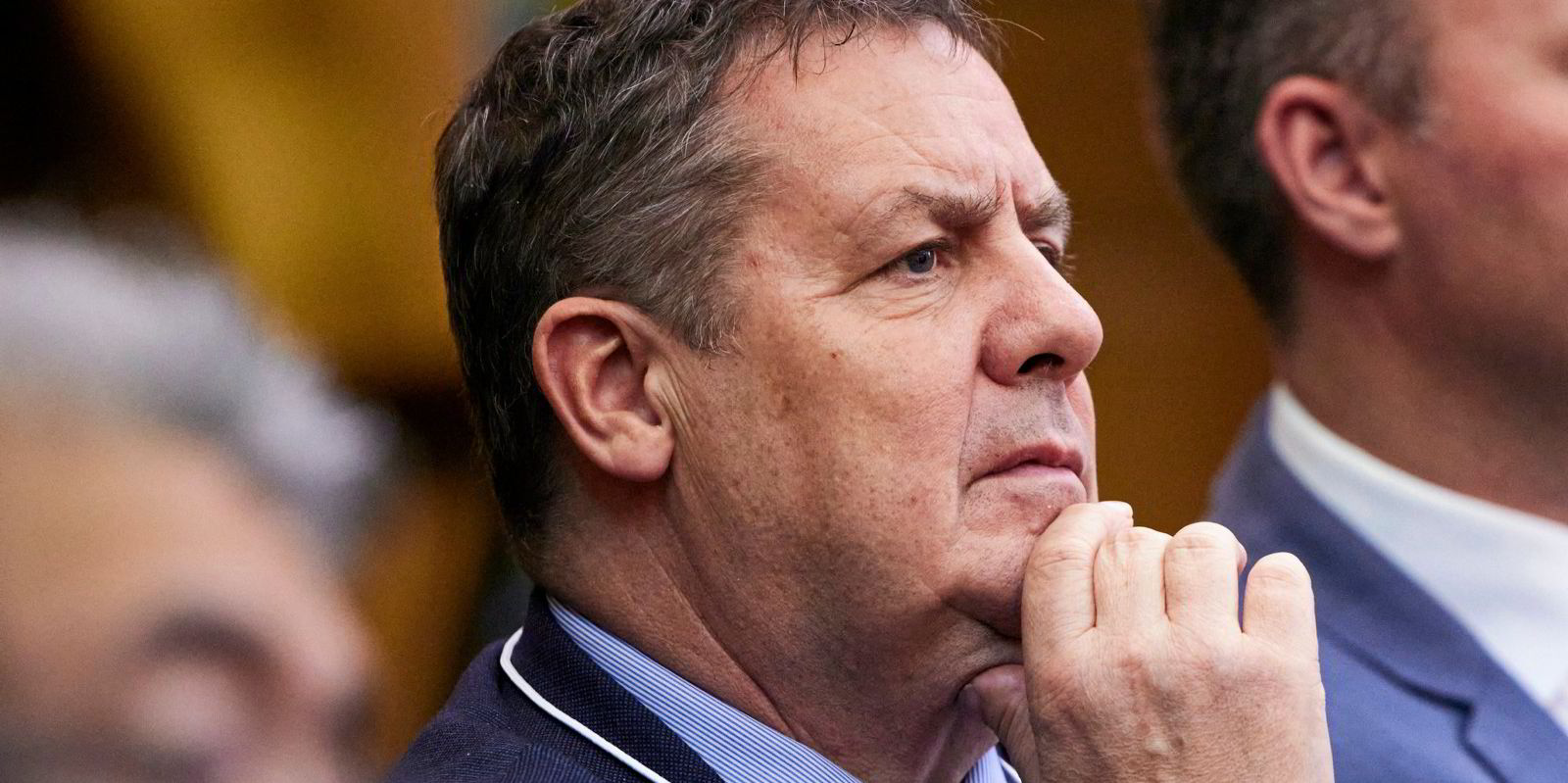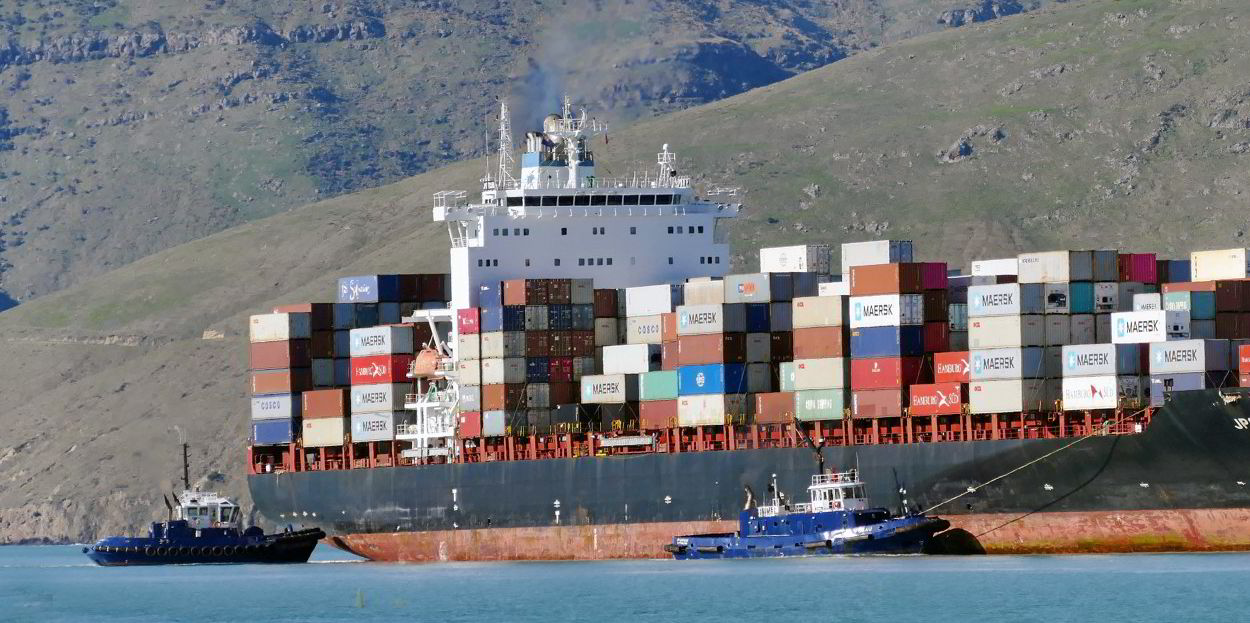An International Maritime Organization working group meeting closed on Friday with signals that most nations are gravitating toward ramping up decarbonisation targets to zero emissions by 2050, according to environmental and shipowning groups.
In a joint statement, the environmental groups also said national delegations showed that they are prepared to phase out shipping emissions by the middle of the century.
And they said that there is growing support for the United Nations regulator to adopt an ambitious target for cutting greenhouse gas emissions by 2030.
Delaine McCullough, the policy manager for shipping emissions at Ocean Conservancy, said that it was a surprise that IMO countries coalesced around tough interim targets ahead of a meeting that starts Monday of the Marine Environment Protection Committee (MEPC)
“This is an encouraging sign and going into the critical MEPC policy negotiations next week the IMO needs to build on this momentum to come to agreements that can unlock essential investments that will keep industry emissions in line with the goals of the Paris Agreement,” she said.
“That means the IMO must commit to a 50% emissions reduction target by 2030 in addition to reaching zero emissions ideally by 2040 and no later than 2050.”
During a the working group meeting, there were 34 statements by member states and industry bodies in favour of phasing out zero greenhouse gas emissions by 2050, according to a tally published in the joint statement by green groups Clean Shipping Coalition, Ocean Conservancy, Seas at Risk, Clean Arctic Alliance, Pacific Environment and Carbon Market Watch.
Four countries were in favour of a net-zero target, and only 10 member states opposed strengthening the IMO’s current target calling for a 50% cut in carbon emissions by 2050.
ICS welcomes signals
Guy Platten, secretary general of the International Chamber of Shipping, also welcomed the signals from member states.
He described them as similar to the commitment by the ICS, which is made up of shipowners groups, to a goal of net zero by 2050, as well as a goal for alternative fuels to make up 5% of energy used by shipping by 2030.

“But the hard work starts now,” he said.
Platten said many submissions on the table at IMO included ICS’s proposal for a fund and reward scheme that combines a levy on carbon emissions with incentives for green fuels.
‘Resist the urge to find fault
“Government representatives at the MEPC must resist the urge to find fault, and instead find cohesion, to move these proposals forward,” Platten said. “The increasing impacts of climate change will not wait.”
He said it is important for significant quantities of fuel to be available no later than 2030 for a 2050 target to be met and it is encouraging that consensus is growing.

Platten described is a groundswell of support for a carbon levy that taxes CO2 at a flat per-tonne rate, and he noted that the EU delegation has signalled acceptance of the proposal instead of a cap-and-trade scheme just after Brussels approved an Emissions Trading System for European voyages, which could advance negotiations further.
Daniele Rao, a shipping and aviation expert at Carbon Market Watch, said more countries than ever are on board for a heard deadline for decarbonisation and cutting emissions sooner.
“Climate-ambitious countries must keep the drumbeat going next week on the 2030 target and—if they are serious about just transition—support the $100 carbon levy proposal by the Marshall Islands and the Solomon Islands,” he said.
Jim Gamble, Arctic programme director at Pacific Environment, was hoping for more support to tackle emissions of black carbon, or soot, which as seen as a low-hanging fruit in the fight against shipping’s role climate change. He said reducing emissions of the pollutant would be particularly significant for the Arctic.
“It’s baffling that IMO member states are not moving to rapidly reduce black carbon emissions from global shipping, and, in fact, are prepared to delay including black carbon in the life cycle analysis of future fuels,” he said.
“The reduction of black carbon is a relatively simple step that could happen virtually overnight, and it is the measure that has the greatest potential to reduce warming from shipping in the near term.”
Read more
- Green Seas: After stops in Egypt and Brussels, shipping’s carbon debate turns to London
- Science Based Targets initiative ‘challenges’ shipowners to set targets to zero in 2040
- Green Seas: The EU has put a price on shipping’s carbon. What will the IMO do?
- OSV owners dish: Is ESG like MSG, or something even more unpleasant?
- Green Seas: What will EU methane emissions trading mean for LNG-fuelled ships?





